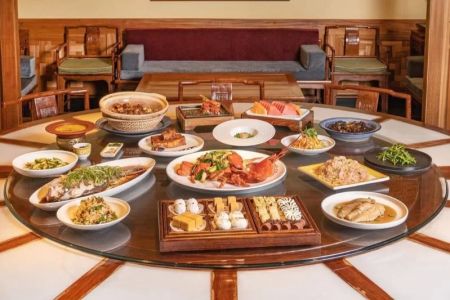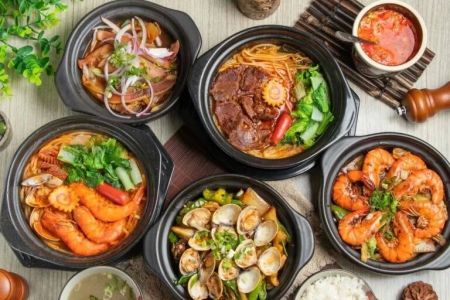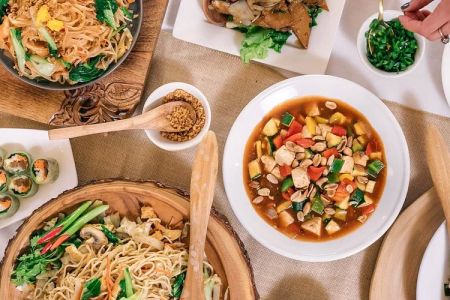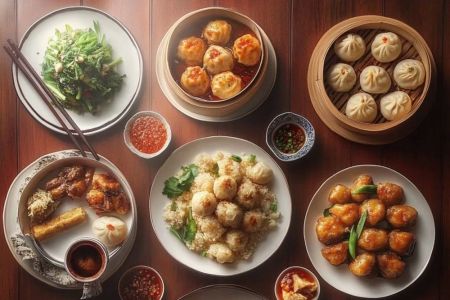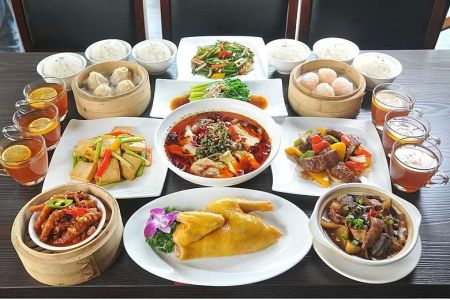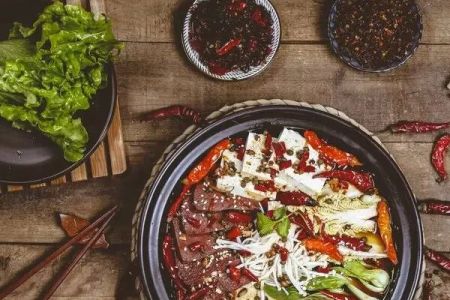How to Find a Chinese Restaurant That Serves Tea Properly
- The Importance of Tea in Chinese Dining
- Characteristics of Proper Tea Service
- Steps to Find the Best Chinese Restaurant for Tea
- Tea Pairing with Chinese Dishes
- Best Chinese Restaurants in New York for Tea Enthusiasts
1. The Importance of Tea in Chinese Dining
Tea has been a cornerstone of Chinese culture for thousands of years. In Chinese dining, tea is not just a drink; it plays an essential role in the overall dining experience. Serving tea properly in a Chinese restaurant is not only about taste but also about tradition, hospitality, and enhancing the meal. The right tea can complement the flavors of various dishes, cleanse the palate, and even help with digestion. Thus, when searching for a Chinese restaurant, paying attention to how they serve tea can make all the difference in your dining experience.
2. Characteristics of Proper Tea Service
When you visit a high-quality Chinese restaurant, tea service should be a carefully considered part of the experience. Here’s what you should expect from a restaurant that serves tea properly:
- High-Quality Tea Leaves: A reputable Chinese restaurant should use premium tea leaves, not teabags. Whether it's green tea, oolong, or pu-erh, the tea should be aromatic and flavorful.
- Correct Brewing Method: Each type of tea requires a specific brewing temperature and steeping time. A well-trained staff will know how to brew the tea to bring out its best qualities.
- Proper Tea Ware: Chinese tea is often served in small teacups or traditional teapots, which helps maintain the optimal temperature of the tea. The use of traditional tea ware shows a commitment to authenticity.
3. Steps to Find the Best Chinese Restaurant for Tea
Now that you understand the importance of proper tea service, how do you find a restaurant that excels in this area? Here are some steps to help guide your search:
- Look for Authenticity: Seek restaurants known for their authentic Chinese offerings. Authentic Chinese restaurants often pride themselves on their tea service.
- Check the Menu: Many Chinese restaurants that serve tea properly will have a dedicated section on their menu for different types of tea. This indicates that they consider tea a key part of the dining experience.
- Ask the Staff: Don’t hesitate to ask the restaurant staff about their tea selection and how they brew it. A knowledgeable staff is a sign that the restaurant takes its tea service seriously.
4. Tea Pairing with Chinese Dishes
Tea is more than just a beverage to accompany a meal; it can actually enhance the flavors of the dishes you're eating. In a high-quality Chinese restaurant, the staff may recommend specific teas to pair with different courses. For example:
- Green Tea: Works well with lighter dishes like steamed vegetables or fish, helping to cleanse the palate.
- Oolong Tea: Pairs nicely with richer, more flavorful foods like roast duck or dim sum.
- Pu-erh Tea: Known for its earthy taste, it complements heavier dishes like braised meats or hot pot.
Asking for tea pairings in a restaurant that takes tea seriously can elevate your meal to an entirely new level.
5. Best Chinese Restaurants in New York for Tea Enthusiasts
If you're in New York and looking for a place that serves tea properly, here are some of the best options:
- Jing Fong: Known for its dim sum and tea selection, Jing Fong serves high-quality Chinese teas in traditional teacups.
- RedFarm: A modern Chinese restaurant with a great selection of teas that are carefully brewed to pair with their creative menu.
- Golden Unicorn: This is another gem offering a full tea menu, ensuring a great tea experience with your meal.
These restaurants are dedicated to delivering not only great food but also a superb tea experience.
If you’re a tea lover looking for the perfect Chinese restaurant experience, be sure to visit Chinese Food to explore a wide range of options for discovering restaurants that serve tea properly. With the right restaurant, you can elevate your meal and immerse yourself in authentic Chinese tea culture.


